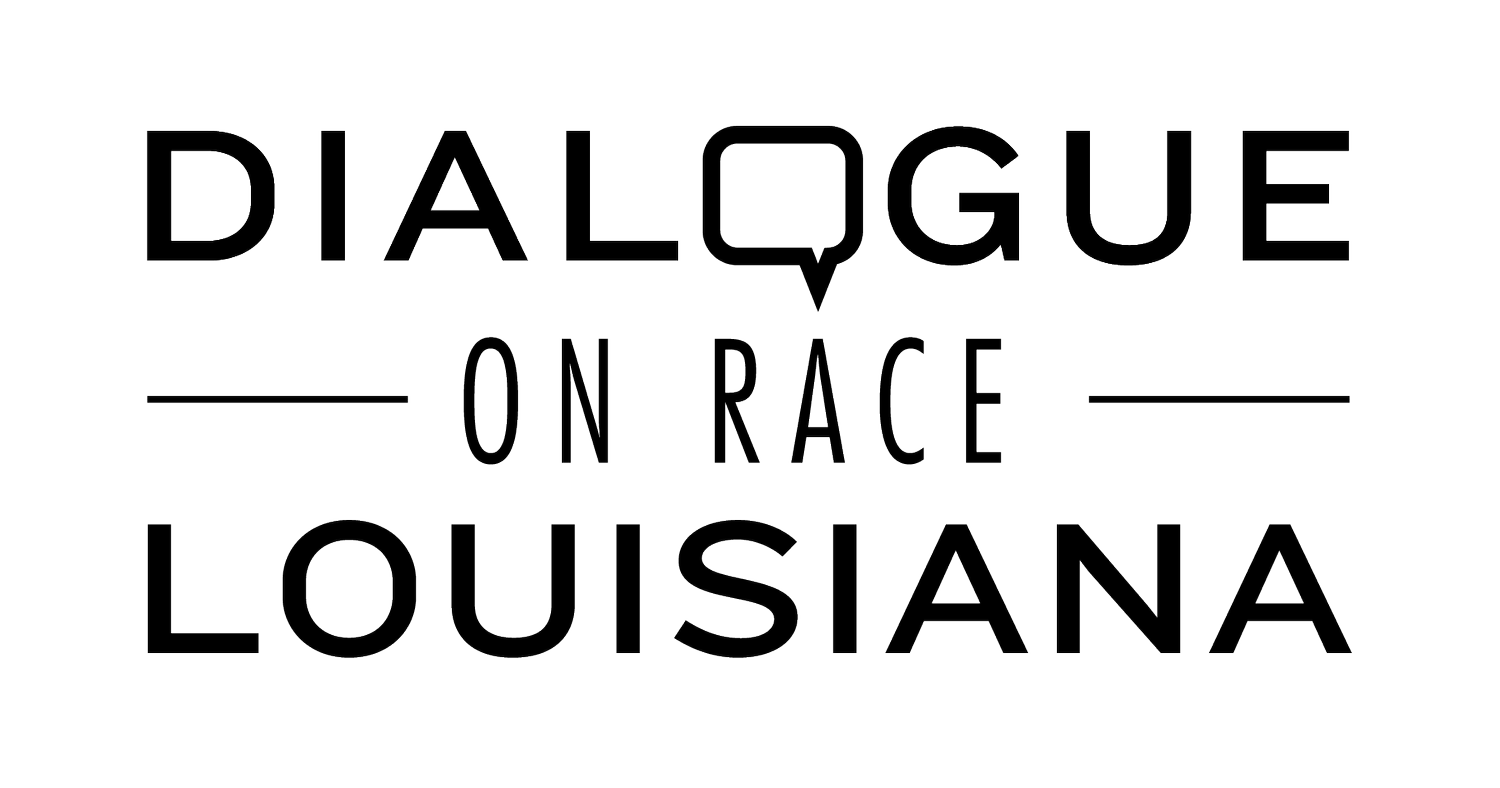What is missing from the conversation on antisemitism?
While we witness the human agony in Gaza, the reactions have, of course, led to tempers flaring and sides taken by the people of the United States. Reactions have been weaponized for personal ambitions and political agendas. Something is horribly wrong with the weaponized discussions around Antisemitism, Islamophobia, and discrimination of Arab people. Words matter, and the approach complicates this issue and compounds the problem. There is nowhere where this has been heard more acutely than in narratives around college campuses.
Ben Lorber, a researcher on Antisemitism and white nationalism, recently wrote an article for the publication Jewish Currents. Dialogue on Race Louisiana offers thoughts and excerpts from the article.
"The campus has become a primary site of this dangerous and counterproductive panic—not only as a long-standing target for the right's culture war, but also as a vehicle for the generational anxieties of the American Jewish establishment. The end result is immense repression of speech, with crackdowns primarily targeting Palestinian, Arab, and Muslim student activists, as well as other students of color."
"In a moment when many American Jews are feeling afraid, in a media environment that is stoking that fear with headlines that conflate many different kinds of events, it is more important than ever to proceed with level-headed calm. To undertake this sorting and disaggregation of a vertiginous pile of anecdotes will help us not only to more accurately assess the threat to Jews on campuses but also to guard against Jewish fear being used to erode civil liberties."
Dialogue on Race Louisiana offered this article as additional background for thinking through the current weaponized conversation. This article also aligns with the Dialogue on Race Original Series, a space for your voice to be heard. The Dialogue on Race Series is an educational process that provides a space for conversations where participants can express themselves openly and recognize the impact of their words.
When you read the full article, "Toward a Sober Assessment of Campus Antisemitism," see what you think. Let us know if you would like to exchange negatively charged, unproductive rhetoric for conversations that inspire and empower. If so, sign up to join the next Dialogue on Race Original Series or Race in Conversation. You will find a space to talk that leads to meaningful change.
